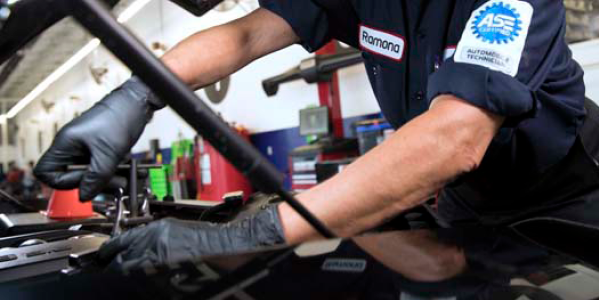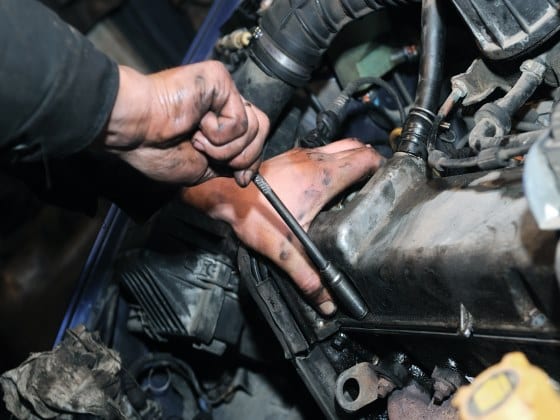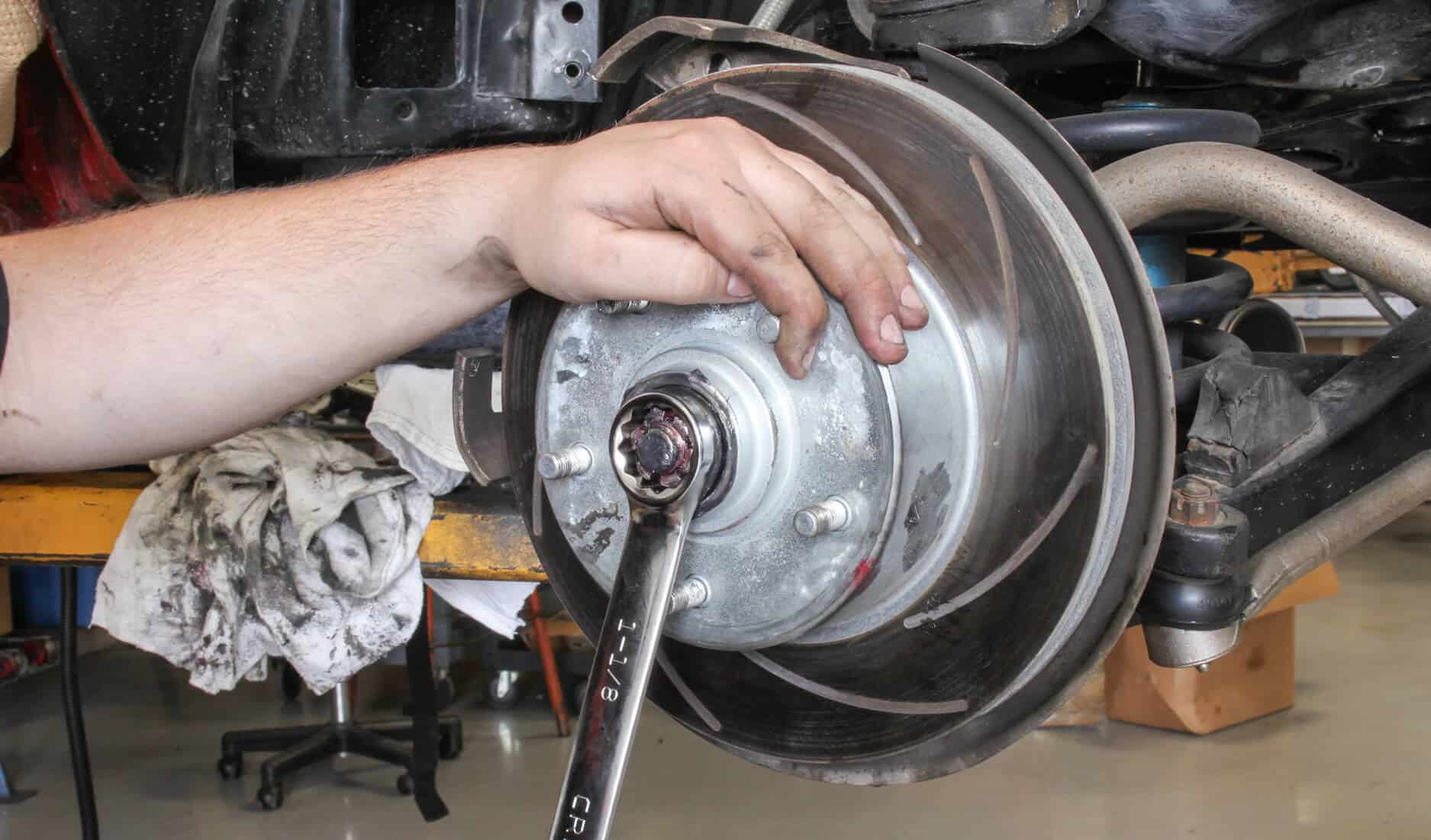Introduction
- Introduce the significance of a clean fuel system in optimizing engine performance and efficiency.
- Highlight the benefits of regular maintenance to prevent fuel system issues and enhance overall vehicle performance.

1. Importance of a Clean Fuel System
- Efficiency and Performance: Explain how clean fuel injectors and components ensure proper fuel atomization, combustion, and engine efficiency.
- Emission Control: Discuss how a clean fuel system contributes to lower emissions and compliance with environmental standards.
2. Signs of a Dirty Fuel System
- Symptoms: Identify common signs such as decreased fuel efficiency, rough idling, engine hesitation, and reduced power output.
- Diagnostic Tools: Overview of tools and methods (e.g., fuel pressure gauge, OBD-II scanner) used to diagnose fuel system issues.
3. Regular Fuel System Inspection
- Visual Inspection: Check for visible signs of fuel leaks, corrosion, or damage to fuel lines, injectors, and fuel filter.
- Fuel Filter Replacement: Importance of replacing fuel filters at recommended intervals to prevent clogs and maintain fuel flow.
4. Fuel Additives for Cleaning
- Purpose of Fuel Additives: Discuss how fuel additives help clean injectors, valves, and combustion chambers by removing carbon deposits and varnish.
- Types of Additives: Overview of detergent-based and solvent-based additives, and their respective cleaning capabilities.
5. Fuel Injector Cleaning Methods
- On-Vehicle Cleaning: Step-by-step instructions for using fuel injector cleaners added to the fuel tank during regular refueling.
- Off-Vehicle Cleaning: Techniques for professional cleaning using ultrasonic cleaning machines or injector cleaning kits.
6. Professional Servicing and Maintenance
- Fuel System Service: Importance of periodic professional inspection and servicing to diagnose and address complex fuel system issues.
- System Integrity Checks: Ensure all components, including fuel pumps, lines, and sensors, are functioning correctly to maintain optimal fuel delivery.
7. Preventive Maintenance Practices
- Quality Fuel Sources: Advise using high-quality fuel from reputable sources to minimize impurities and maintain fuel system cleanliness.
- Driving Habits: Encourage smooth acceleration and avoiding prolonged idling to reduce carbon buildup and maintain fuel system efficiency.
- Regular Maintenance Schedule: Establishing a routine maintenance schedule for fuel system inspections, cleaning, and additive treatments based on vehicle usage and manufacturer recommendations.
Conclusion
- Recap the importance of regular fuel system cleaning and maintenance in optimizing engine performance, fuel efficiency, and emissions.
- Encourage vehicle owners to prioritize preventive maintenance practices to prolong the lifespan of fuel system components and ensure reliable vehicle operation.
- Emphasize the role of proactive fuel system care in enhancing overall driving experience and reducing long-term maintenance costs.
By following these maintenance tips and best practices, vehicle owners can effectively manage their fuel systems, improve engine performance, and maintain optimal fuel efficiency over the life of their vehicles.



